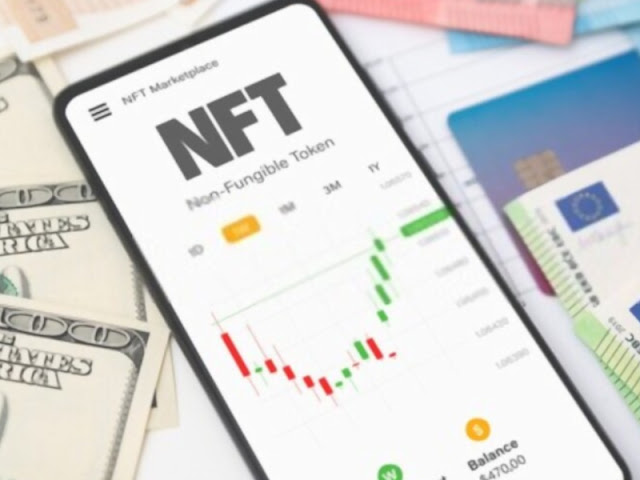Exploring the World of NFT Marketplaces: An Overview
NFTs, or non-fungible tokens, have taken the world by storm in recent years, with their popularity skyrocketing as people look for new ways to invest in and collect digital assets. As a result, NFT marketplaces have emerged as a key component of the NFT ecosystem, allowing buyers and sellers to connect and exchange unique digital items.
In this blog, we'll explore the world of NFT marketplaces and take a closer look at NFT marketplace development. From the benefits of creating your own NFT marketplace to the key features that make a successful platform, we'll cover everything you need to know to get started.
Why Create Your Own NFT Marketplace?
With the explosion of interest in NFTs, creating your own NFT marketplace can be a lucrative business opportunity. By providing a platform for buyers and sellers to connect, you can earn fees on transactions and potentially even attract investors or sponsors.
Additionally, creating your own NFT marketplace allows you to customize the platform to your specific needs and preferences. You can set the fees for transactions, choose the types of NFTs that are allowed on the platform, and even set up a system for promoting certain items or creators.
Key Features of a Successful NFT Marketplace
To create a successful NFT marketplace, there are several key features that you'll need to consider. These include:
- A user-friendly interface: Buyers and sellers should be able to navigate your marketplace easily and intuitively, with clear instructions and simple processes for buying and selling NFTs.
- Secure transactions: NFTs are valuable assets, so it's important that your marketplace has robust security measures in place to protect against fraud and hacking. This may include using smart contracts or other blockchain-based solutions to ensure that transactions are secure and transparent.
- Easy payment options: NFT marketplaces typically accept payment in cryptocurrency, so it's important to offer a range of payment options to ensure that buyers can easily participate in the marketplace. This may include accepting multiple types of cryptocurrency or even traditional payment methods like credit cards or PayPal.
- Community features: A successful NFT marketplace should foster a sense of community among buyers and sellers, with features like forums or social media integration to allow users to connect and share their experiences.
Getting Started with NFT Marketplace Development
If you're interested in creating your own NFT marketplace, there are a variety of platforms and tools available to help you get started. These include:
- OpenSea: OpenSea is one of the most popular NFT marketplaces and also offers a developer platform for creating your own marketplace.
- SuperRare: SuperRare is a curated marketplace for high-quality NFTs, with a focus on digital art.
- Nifty Gateway: Nifty Gateway is a user-friendly NFT marketplace that offers a range of features for both buyers and sellers.
- Mintbase: Mintbase is a blockchain-based platform for creating your own NFT marketplace, with customizable features and tools for managing transactions and promoting your platform.
Conclusion
NFT marketplaces represent an exciting new frontier in the world of digital assets, offering a new way for buyers and sellers to connect and exchange unique items. With the right features and tools in place, creating your own NFT marketplace can be a lucrative and rewarding business opportunity. Whether you're an entrepreneur looking for a new venture or an artist looking to monetize your creations, NFT marketplace development is a trend worth exploring.

Comments
Post a Comment
Thanks For Your Valuable Feedback...